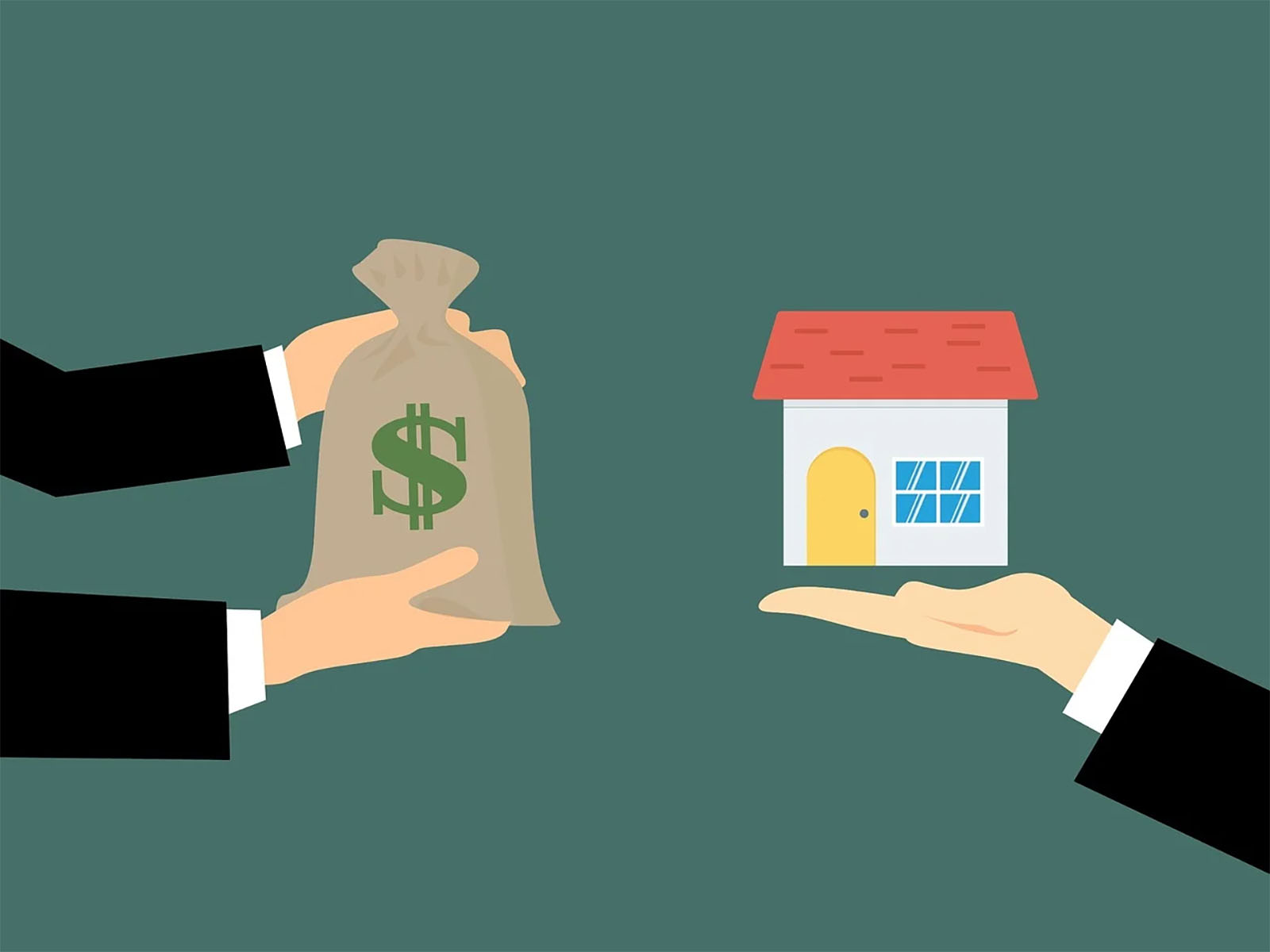Purchasing Property in Spain
So you have decided that you would like to purchase property in Spain. The first step is to decide which areas of Spain you are interested in. Do you like cities, smaller towns or the tranquility of the countryside? Spain enjoys a great climate, an outdoor lifestyle, fantastic food and a laid back lifestyle as well as being very accessible by air with numerous airports having daily flights to and from the UK. However, there are a number of factors that you need to bear in mind on top of simply loving an area and finding a property which appeals to you.
 Book some Spanish lessons, this will set you up for your years ahead in Spain
Book some Spanish lessons, this will set you up for your years ahead in Spain
Language
You should be aware that in Spain, a number of languages are spoken apart from what we know as Spanish (Castellano). For instance there are regional languages in Valencia, Galicia and Catalunya. These are not so dissimilar from Castellano to make them completely alien to a Spanish speaker, but these regions are proud of their languages and insist on teaching them or even working in them almost exclusively in some organisations. If you have children, you may be put off by the thought that your children will have to learn two more languages rather than just picking up Castellano. In the Basque Country, País Vasco, the language (Euskara) is to Spanish what Welsh is to English; that is, it bears no resemblance at all. You can find out more about these languages and where they are spoken here: https://es.wikipedia.org/wiki/Idiomas_de_España For a language school based in Velez Malaga https://www.facebook.com/trilingoidiomas
Infrastructure:
This can be a factor which is overlooked. Especially as we get older, we need to be able to access health and other services. It is worth your while to check out which you will be entitled to use - this will depend on whether you will be able to access the public health system or have to pay privately - and how easy they will be to get to. On the coast and in the cities, parking can become a nightmare. Is there an assigned parking space for your property?
Neighbours and Communities:
In the UK, flat dwellers are used to sharing and paying for the management of their block, but in Spain if you buy either an apartment or a house in an “urbanisation” you will also become part of a community of owners with all that, entails. From paying community fees on top of your council tax (IBI), and dealing with neighbours when disputes arise over shared communal facilities, this is something that not everybody likes. In that case, buying an independent property may be the solution.
Conveyancing in Spain
There is no requirement in Spain to use a lawyer when you buy or sell a property, and many people sign a purchase-sale contract prepared by a gestor. The idea which British people in particular have of conveyancing, while not alien to the careful Spaniard, is not well promoted. Although conveyancing really only means the transfer of a title deed from one owner to the next, what we have come to expect in the UK for instance is a very complete service which offers us a lot of protection. If you are not specific about what you expect your agent, such as a lawyer, to do they will not do it. By this we mean, performing the necessary searches, the results of which will help you to decide whether you really do want to buy the property or not. The type of searches which you will most likely want to be carried out will be:
- Whether the property has been constructed legally, according to the designation of the land at the town hall. If the land is not designated as being for residential construction, you may have a problem. Whether there is currently a residential property on the land or not, the land may not have been designated as residential.
- Whether the actual construction of the property was carried out legally with all the necessary licences in place.
- Whether any alterations made to the property by the previous owners had the necessary permissions or licences in place.
- If there are any debts on the property; these are known as embargos. Your lawyer should ensure that the property is free of debts. An embargo placed on the property by a governmental organisation such as the Tax Office or Social Security is particularly serious because the new owner of the property inherits the debts of the previous owner. Perhaps worse than having to pay someone else’s debt is the possibility of the property being subject to a repossession order now or at any time in the future.
- What are the plans for the areas surrounding your chosen property? Every few years, each town hall makes a new urban plan, in which is decides which land is designated for which purpose, and this can be quite specific. For instance, urban land designated for residential development may be specified for houses only, or apartments only. A sensible purchaser will want to know what has been planned for the local area - new schools, a health centre, residential blocks and their height, and so on - and not simply rely on assurances from estate agents.
- The information relating to the legality of the property will be available from the town hall. You will need to supply the Urbanismo (town planning) department with the Cadastral Number of the property for them to be able to look it up. The cadastral number is an official and obligatory identifier for real estate in Spain. It is an alphanumeric code 20 characters long that Cadastre Office assigns to each property. You can find out the number from an IBI bill if one is available.
http://www.sedecatastro.gob.es Searches should be carried out for a number of reasons which are pretty logical. Accompanying them with a structural survey (and not simply a bank valuation) can save a lot of money and heartache in the long run. You know exactly what you are buying; the potential problems have already been identified. You have the opportunity to find out how much it is likely to cost to put the problems right. If you discover some unpleasant reality about the property which puts you off buying it, you can pull out of the purchase. You may negotiate the price based on any remedial work which needs to be carried out. Although you may decide to use a lawyer to perform the checks, you might also consider hiring an architect to perform the searches. One distinct advantage of this approach is that an architect will be applying for licences on a daily basis and can assess a property using their experience of what may need to be done, what licences will be required, how much they will cost and can draw up the plans as part of the service. In addition, you can ask for the fee they charge to be discounted from the cost of any work they carry out once you are the owner.
 Consider hiring an architect to carry out more detailed searches
Consider hiring an architect to carry out more detailed searches
What happens if you have set your heart on an illegally constructed property?
Whether the whole or a part of the property you would like to purchase is currently not legal, this does not mean that it cannot be regularised so that it is legal for you to live in it, have connections to the utilities and you will be able to sell it without problems. Your lawyer or architect can apply for an OFA (sometimes called a SOFA or DOFA). This is a way of making the existing property legal. It should take a matter of weeks but of course it costs money. You should then factor in the cost of regularising the property to the offer you make to the seller, if they have not already done so. Whatever happens, you must seek professional advice.
The process of buying a property
Reservation contract
The agent will normally ask you to sign a reservation agreement (contrato de reserva). In return for normally between 3000 and 10000 euros, the property will be taken off the market for a given time, such as a month. If you pull out of the transaction, you will lose this money. That is, unless you have made a contract which allows you to claim it back. If you have any doubts about the purchase - for example you want to check the legality of the property, local planning regulations or plans, suspect that there could be debts or are awaiting the results of a structural survey - you can make a contract using a lawyer, which states that unless certain conditions are fulfilled, the seller will have to return the reservation money.
Deposit contract
Before the timescale set out on the reservation agreement has finished, you will probably be asked to sign a deposit contract called contrato de arras. This sets out the exact details of the property: what it is and what the sale includes, the location, the seller’s details, price, payment method and the date of completion of the purchase-sale. The buyer normally puts down a deposit of 10% of the purchase price, which - if he or she pulls out - will be lost. Equally if the seller breaches the contract, he or she must pay twice the value of the deposit to the buyer. It is really important that this deposit is kept in a separate account which the lawyer controls, and is not passed to the seller until the completion of the purchase-sale.
The transfer of ownership
This is the transfer of the deeds from the seller to the buyer, and is known as the escritura pública. It marks the formal handover of the property from the seller to the buyer and the entry into the property register of the new owner. This is signed before a Notary. The buyer pays the balance to the seller to complete the transaction.
 Congratulations with the purchase of your new home
Congratulations with the purchase of your new home


 Danish
Danish Dutch
Dutch French
French German
German Spanish
Spanish


